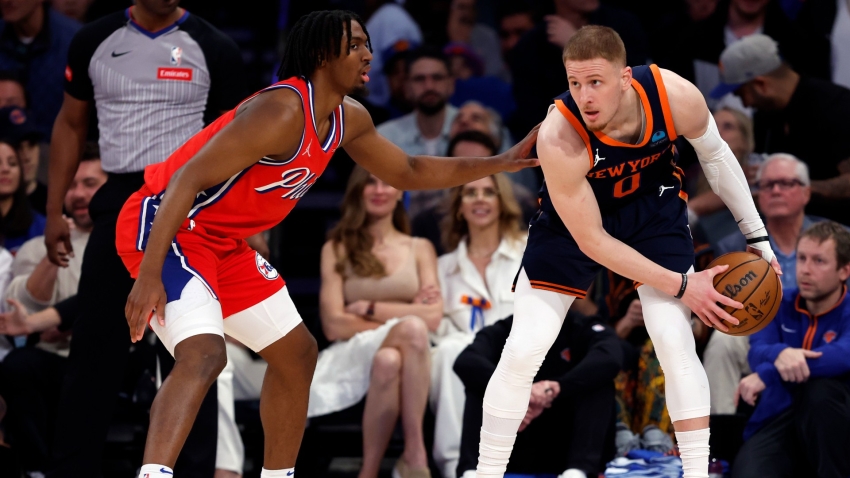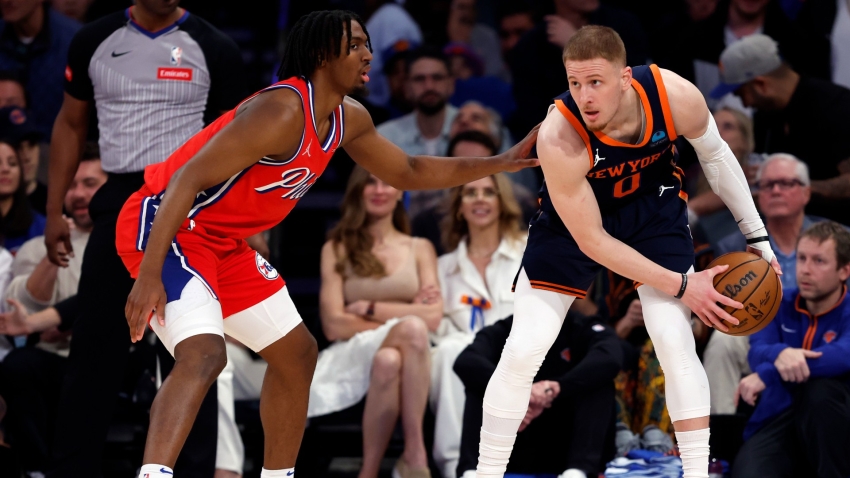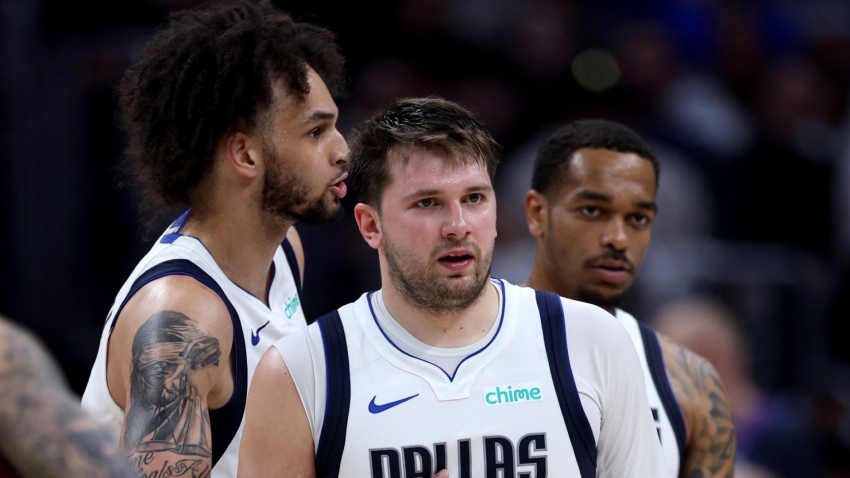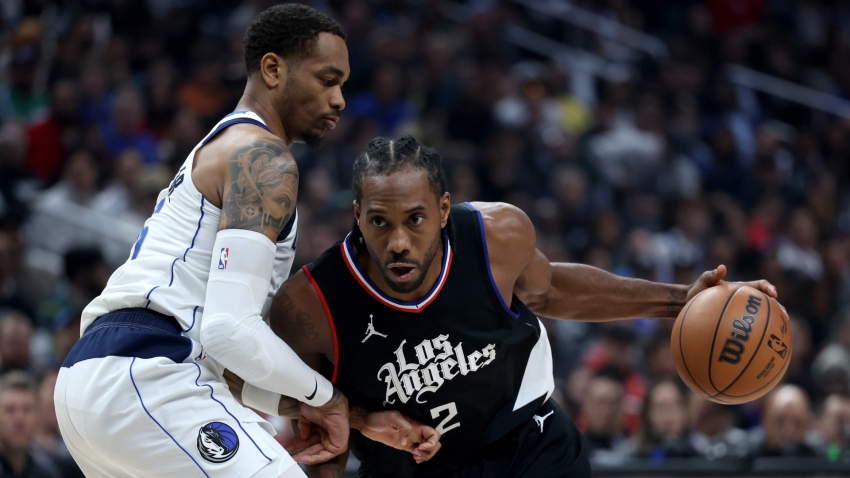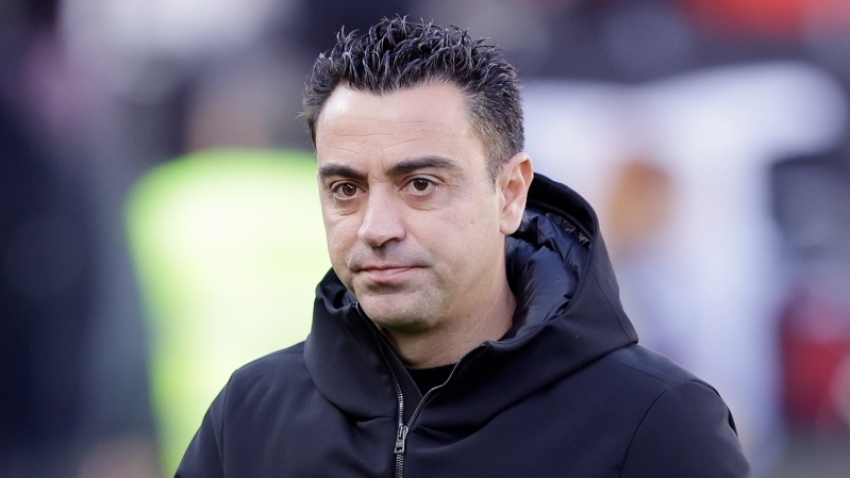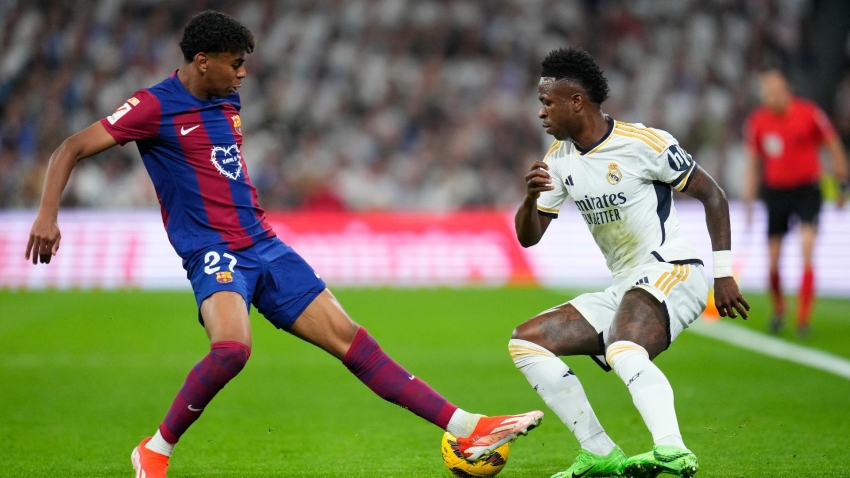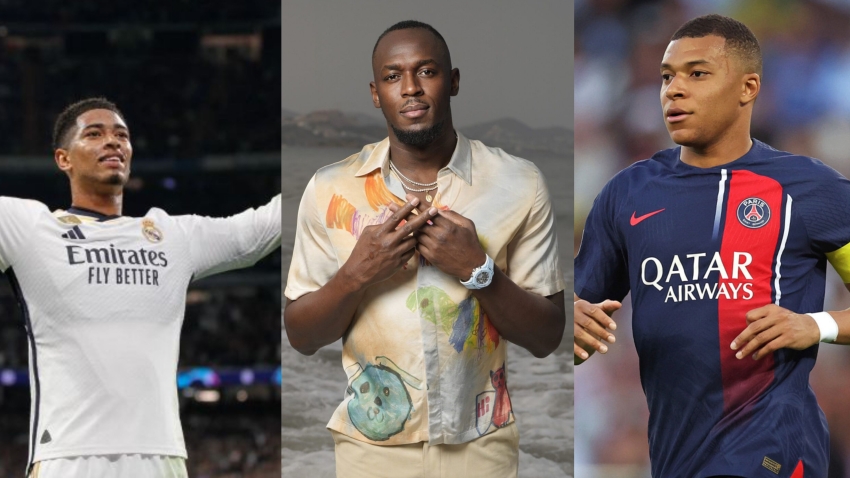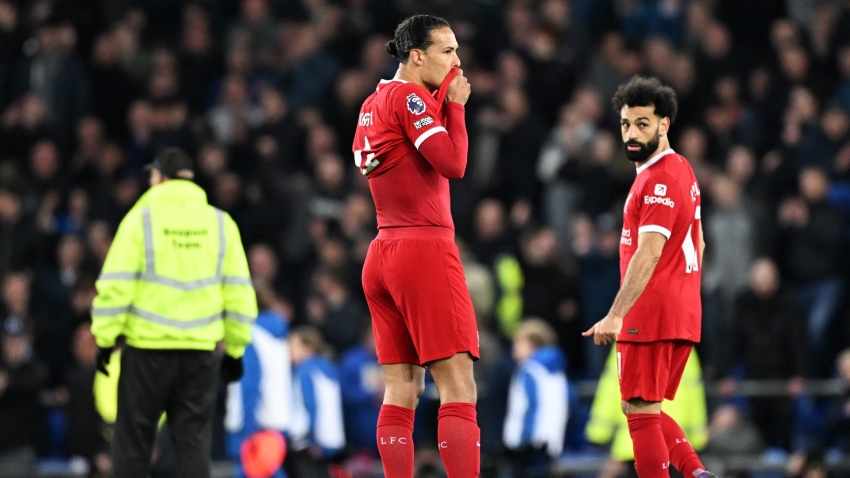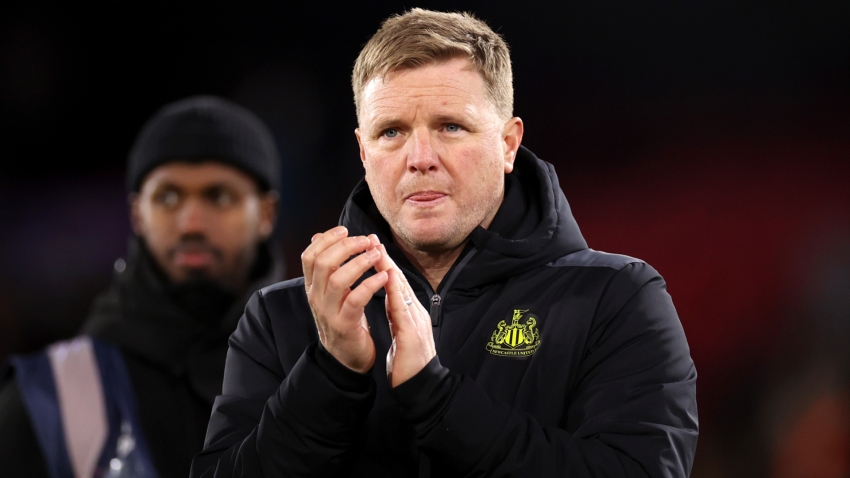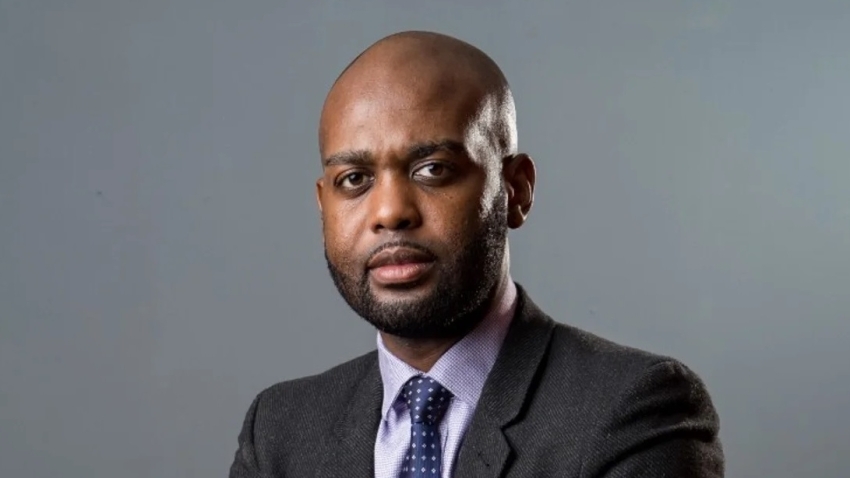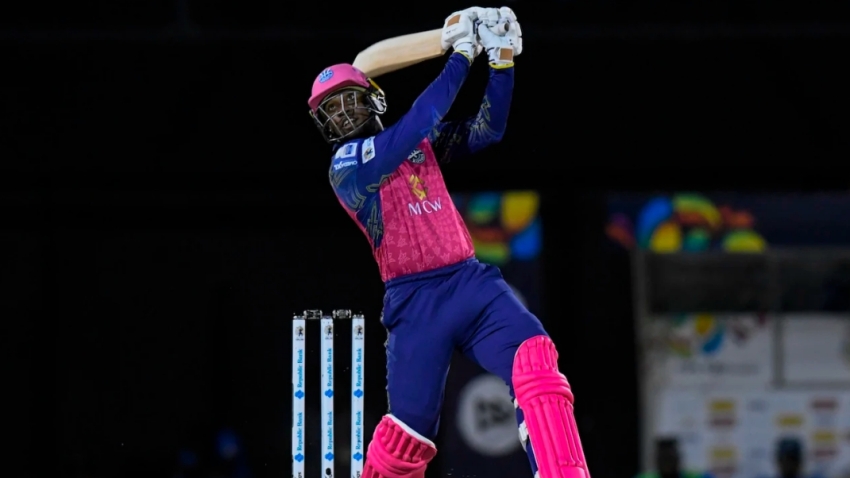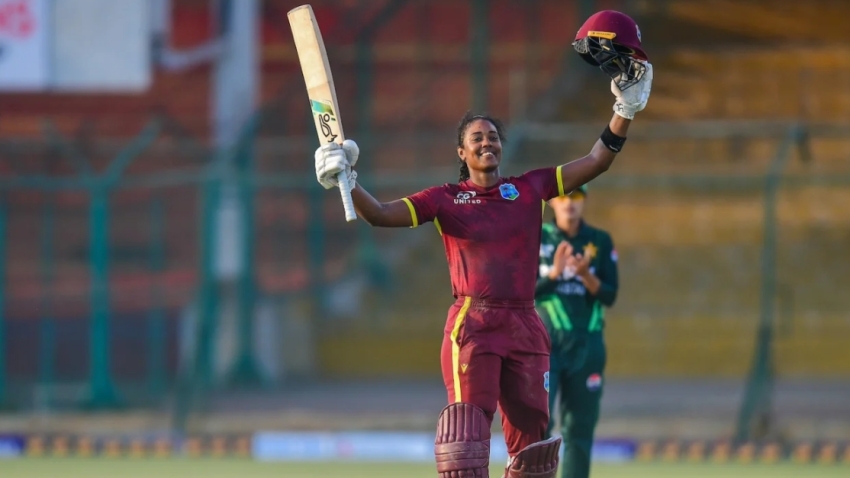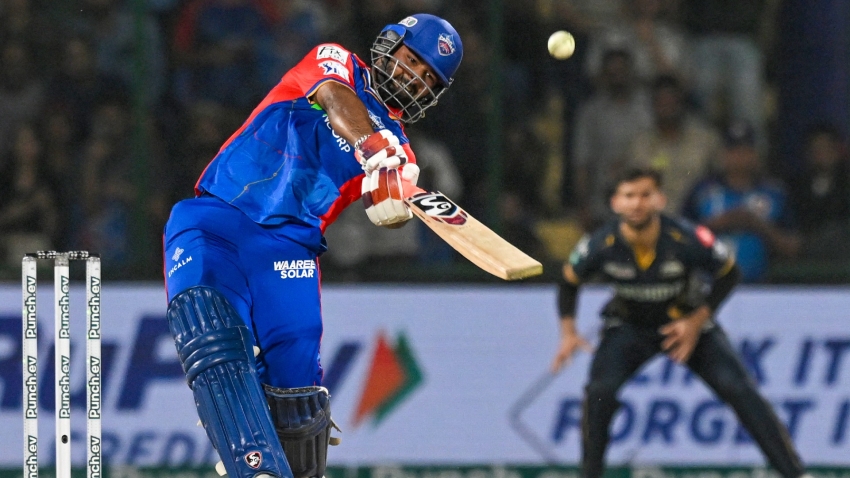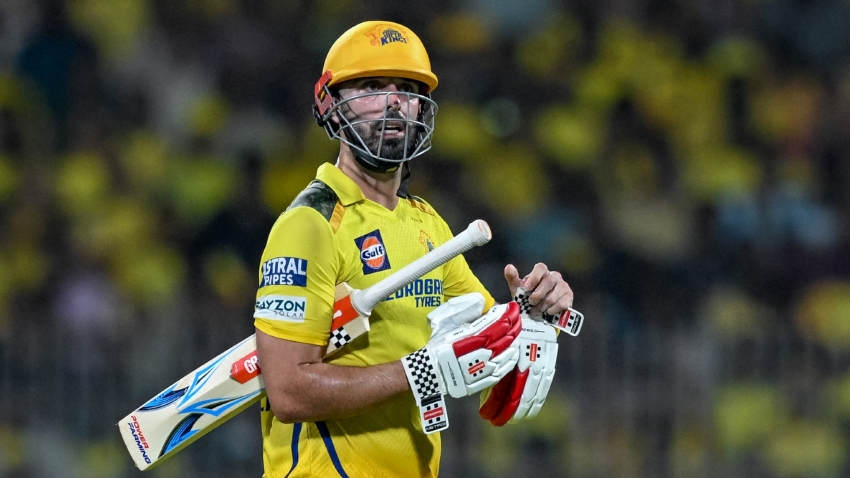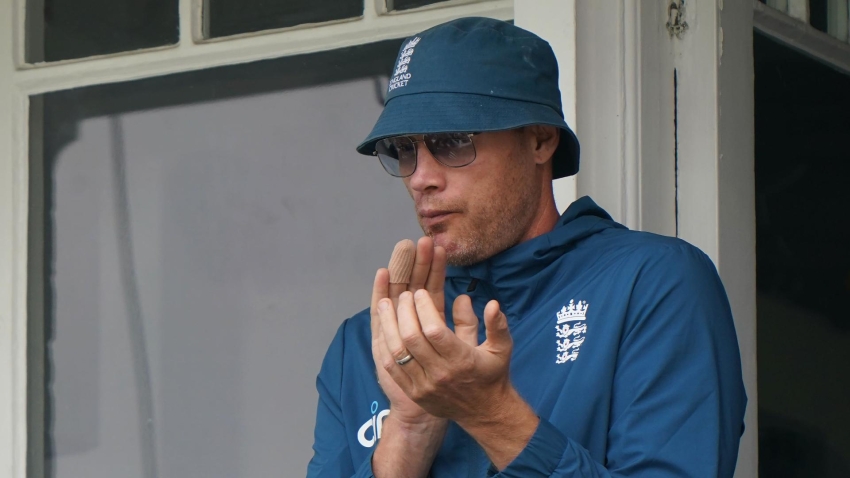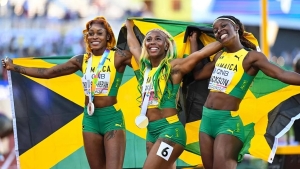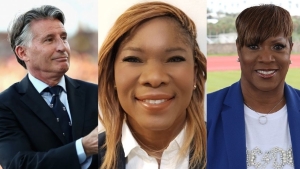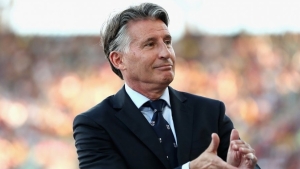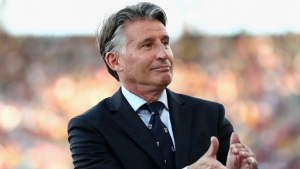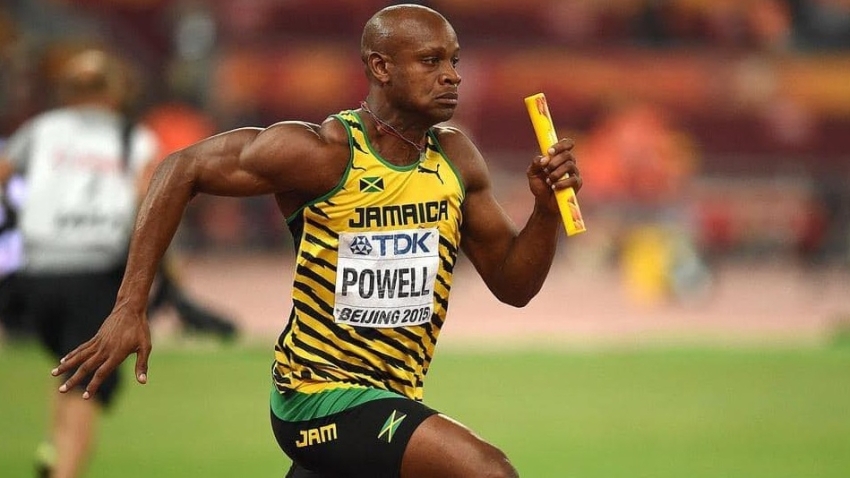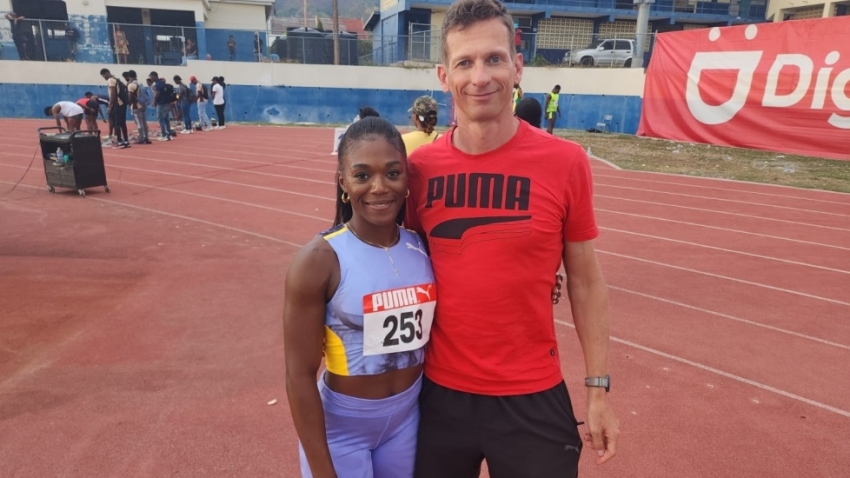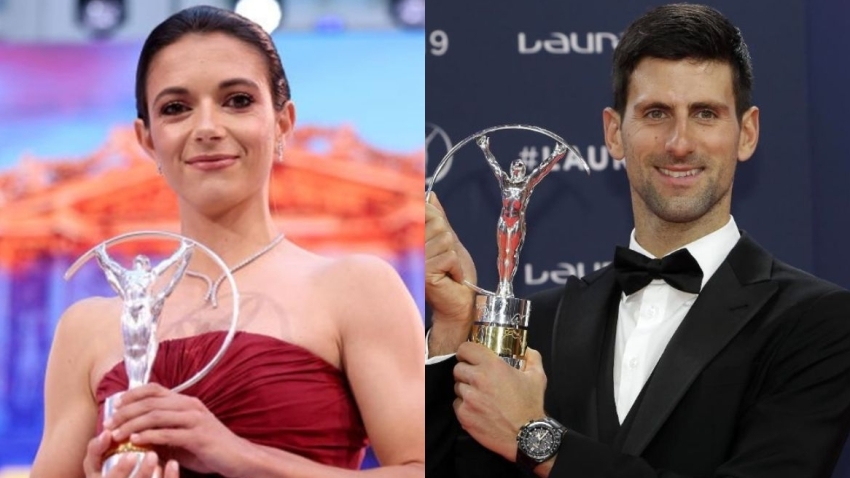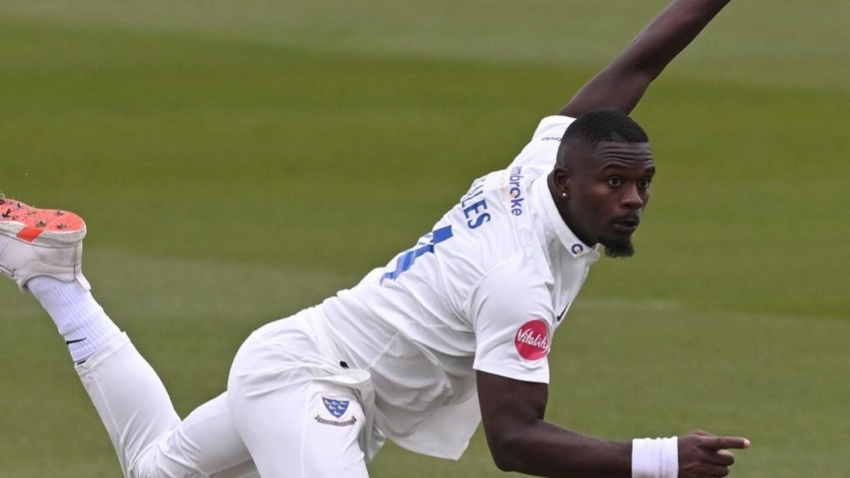The World Athletics Council agreed to update the eligibility regulations for transgender and DSD athletes to compete in the female category.
For DSD athletes, the new regulations will require any relevant athletes to reduce their testosterone levels below a limit of 2.5 nmol/L for a minimum of 24 months to compete internationally in the female category in any event, not just the events that were restricted (400m to one mile) under the previous regulations.
The principle of restricted events has been removed from the regulations.
Interim provisions will be introduced for those relevant athletes who are already competing in what were the unrestricted events (distances below 400m and above one mile, plus field events). These provisions include a requirement to suppress their testosterone levels below 2.5nmol/L for a minimum of six months, before they are eligible to compete again.
The six months period is consistent with the previous regulations, which required six months of testosterone suppression (below 5nmol/L) for DSD athletes to compete in the restricted events. The interim provisions do not apply to the previously restricted events (400m to one mile) where two years of testosterone suppression will be required before the relevant athlete is eligible to compete.
These regulations will come into effect on 31 March 2023.
In regard to transgender athletes, the Council has agreed to exclude male-to-female transgender athletes who have been through male puberty from female World Rankings competition from 31 March 2023.
World Athletics conducted a consultation period with various stakeholders in the first two months of this year, including Member Federations, the Global Athletics Coaches Academy and Athletes’ Commission, the IOC as well as representative transgender and human rights groups.
It became apparent that there was little support within the sport for the option that was first presented to stakeholders, which required transgender athletes to maintain their testosterone levels below 2.5nmol/L for 24 months to be eligible to compete internationally in the female category.
In terms of DSD regulations, World Athletics has more than ten years of research and evidence of the physical advantages that these athletes bring to the female category.
However, there are currently no transgender athletes competing internationally in athletics and consequently no athletics-specific evidence of the impact these athletes would have on the fairness of female competition in athletics.
In these circumstances, the Council decided to prioritise fairness and the integrity of the female competition before inclusion.
However the Council agreed to set up a Working Group for 12 months to further consider the issue of transgender inclusion.
This Working Group will include an independent chair, up to three Council Members, two athletes from the Athletes’ Commission, a transgender athlete, three representatives of the Member Federations and representatives of the World Athletics Health and Science Department.
Its remit will be to consult specifically with transgender athletes to seek their views on competing in athletics; to review and/or commission additional research where there is currently limited research and to put forward recommendations to Council.
World Athletics President Sebastian Coe said: “Decisions are always difficult when they involve conflicting needs and rights between different groups, but we continue to take the view that we must maintain fairness for female athletes above all other considerations. We will be guided in this by the science around physical performance and male advantage which will inevitably develop over the coming years. As more evidence becomes available, we will review our position, but we believe the integrity of the female category in athletics is paramount."


